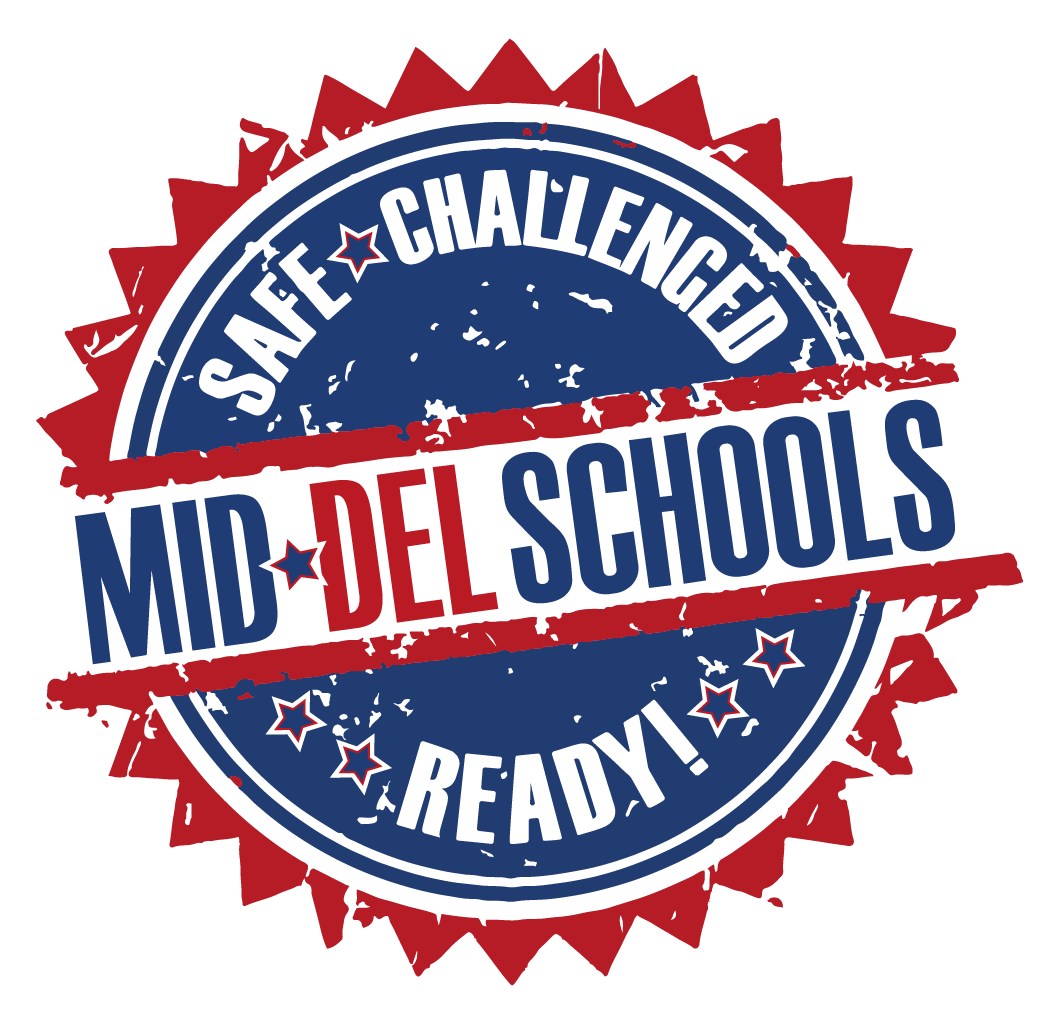
Pre-K Curriculum
The Mid-Del Pre-K program uses the Get Set for School curriculum from Learning Without Tears. This complete Pre-K curriculum prepares students for kindergarten by developing the foundational skills necessary for overall academic success.
Elementary Reading
The Heggerty Phonemic Awareness (Pre-K through 2nd Grade)
Phonemic awareness is the understanding that spoken words are made up of individual sounds, which are called phonemes. Research shows that two of the biggest predictors of reading success are phonemic awareness and letter recognition. The Heggerty phonemic awareness program is used in grades Pre-K through 2nd Grade to provide explicit instruction in phonemic awareness.
Primary Reading
Reading instruction at the primary level is conducted in whole group and small group instruction with the HMH: Into Reading curriculum from Houghton Mifflin Harcourt Publishing. The program addresses all areas of early literacy with an evidence-based scope and sequence develop fluent, automatic readers.
Intermediate Grades Reading
The reading program in grades four and five consists of whole group and small group instruction using the Wonders curriculum. The five components of reading instruction, phonemic awareness, phonics, fluency, vocabulary and comprehension are addressed, with a strong emphasis on comprehension. The objectives of the program are to expose students to the environment of literature.
Oklahoma Ready Sufficiency Act
The Reading Sufficiency Act (RSA) was passed by the Oklahoma State legislature to support children in Kindergarten through third grade. The intent of this legislation was to ensure that all students are reading on grade level at the end of third grade.
Screening assessment must be administered to all kindergarten through third grade students three times per year. The assessment measures skills in the five areas of reading instruction (phonemic awareness, phonics, fluency, vocabulary and comprehension). Mid-Del uses the STAR Early Literacy for kindergarten and first grade, and the STAR Reading Assessment for second and third grade.
Any kindergarten through third grade student who is not reading at grade level as determined by the STAR screening instrument is entitled to "individualized" remediation.
Any 1st, 2nd, or 3rd-grade student reading at the 3rd-grade level is exempt from retention. This is determined by the STAR screening instrument.
Middle School
As students transition from elementary school and a 90 minute reading block, students in grades 6-8 will have both English Language Arts and Literacy classes. The purpose is to allow students more time to go deeper into the content focusing on reading and writing from different lenses.
English Language Arts courses include the four aspects of language use: reading, writing, listening, and speaking. These courses address foundational skills (if necessary), reading and writing process, critical reading and writing, vocabulary, language, and research. Typically, these courses use fiction, nonfiction, and poetry to improve reading skills, and they link writing exercises for different purposes to those reading selections.
Literacy courses build upon students’ prior knowledge and skill in reading. These courses address foundational reading skills (if necessary), reading process, critical reading, vocabulary acquisition, language study, and conducting research. Typically, these courses include the study of a wide variety of texts, and encourage students to write in response to reading selections for appreciation, comprehension, and analytic purposes.
High School
Instruction in English courses ensures students read closely, think critically, and write effectively for college and career readiness. Much of the knowledge and skills are revisited as text complexity increases, and students develop a better understanding of the world around them. These skills will be needed for test taking as well as civic engagement. Being able to work independently and seek out opportunities to read and write is a significant part of life after high school.
Library Media Specialist
Libraries are the heart of any good school. Media specialists are bridges of information, technology, and entertainment connecting students and teachers alike. They help us navigate these literacies while inspiring a passion for reading. Our Library Media Specialists are vital to the overall success of the learning community. Check ‘em out.
For additional information related to Library Media Specialist, please visit: https://sde.ok.gov/library-media.
Reading and Language Arts Contact Information
Tracy Hunt, Secondary ELA and Library Media Specialist Instructional Facilitator
405-737-4461, ext. 1235
tehunt@mid-del.net
Melissa Dalton, Elementary ELA and Reading Sufficiency Act (RSA) Instructional Facilitator
(405) 737-4461, ext. 1281
mdalton@mid-del.net
